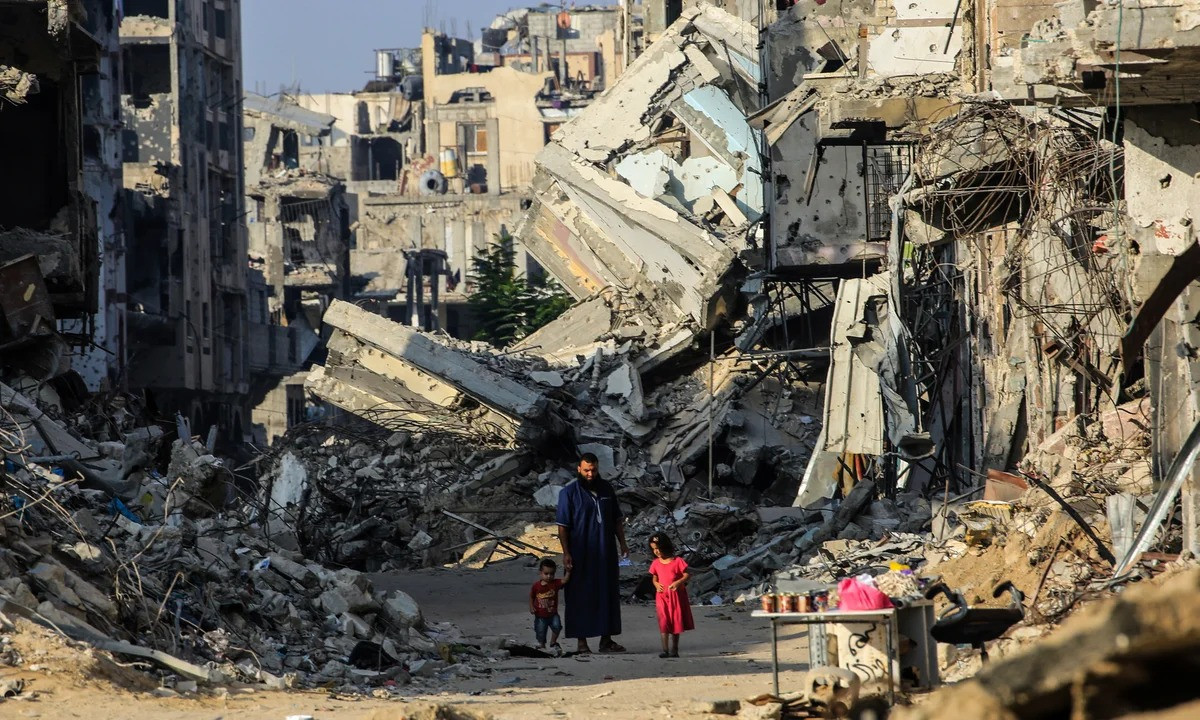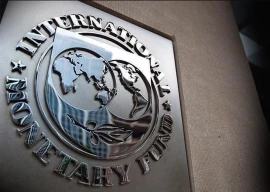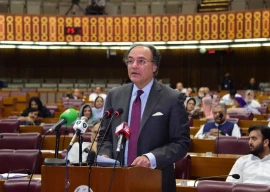
The White House is urgently preparing a new proposal for a Gaza ceasefire and the release of hostages held by Hamas, sources from the US government, Egyptian security, and those familiar with the matter told Reuters. This proposal seeks to address key issues that have stalled negotiations, which have been mediated by the US, Qatar, and Egypt, for months.
Most elements of the deal have already been agreed upon, according to a senior official in the Biden administration, but two main sticking points remain. These include Israel's demand to maintain a military presence in the Philadelphi corridor, a buffer zone on the Gaza-Egypt border, and the specific individuals who will be included in a hostage-prisoner exchange between Hamas and Israel.
Meanwhile, Hamas said on Thursday there was no need for new ceasefire proposals for Gaza and pressure should be put on Israel to agree to a US plan that the Islamist group had already accepted.
In a statement, Hamas said that Israeli Prime Minister Benjamin Netanyahu sought to thwart an agreement by insisting that Israel will not withdraw from the Philadelphi corridor in southern Gaza.
Negotiators fear that the window for a ceasefire is closing, with one US official highlighting the growing urgency of reaching an agreement. Although previous talks, including US Secretary of State Antony Blinken’s recent visit to the region, failed to yield results, working-level discussions continue.
Egyptian sources revealed that the US is shifting from a consultative role to more assertively promoting a ceasefire plan. However, US officials stressed that the new proposal will not be a "take-it-or-leave-it" offer, and efforts towards achieving a truce will persist even if this plan does not succeed.
Israeli presence in the corridor
On Tuesday, five Arab nations, including Saudi Arabia and the Palestinian Authority, alongside Egypt, rejected Israel's demand to keep troops in the Philadelphi corridor. Turkey echoed this position the following day.
An earlier agreement, accepted by both sides, required Israel to withdraw from densely populated areas of Gaza as part of the first phase of the ceasefire. However, the current debate revolves around whether the Philadelphi corridor should be classified as such an area. US officials are examining which parts of the corridor Israel could withdraw from and where its forces might remain.
During talks in Qatar on Monday, an Israeli delegation led by Mossad chief David Barnea indicated that Israel would withdraw from the corridor after the first 42-day phase of a ceasefire. However, Israeli Prime Minister Benjamin Netanyahu later insisted that Israel must maintain control of the corridor to prevent the smuggling of weapons into Gaza by Hamas.
Netanyahu's stance has placed mediators in a difficult position, with the official familiar with the matter stating that Egypt and Hamas would not accept any agreement if Israel retains its presence in the Philadelphi corridor.
Hamas and Egyptian reactions
Senior Hamas official Izzat Al Risheq indicated that the group would consider any new proposal that meets the demands of Hamas and the Palestinian people. However, Hamas also stated that no new proposals were necessary, accusing Netanyahu of attempting to sabotage the negotiations.
Israel took control of the Philadelphi corridor in May, arguing that Hamas had used the area to smuggle weapons into Gaza. This Israeli advance also led to the closure of the Rafah crossing, severely limiting humanitarian aid to Gaza and halting most medical evacuations. Egypt, which has played a key role in facilitating access to Gaza, insists that smuggling tunnels in the corridor have been closed or destroyed, and that a Palestinian presence at the Rafah crossing should be restored, as outlined in the 1979 Egypt-Israel peace treaty.
The conflict and its toll
The conflict between Israel and Hamas, which began with Hamas’ October 7 attack on Israel that killed 1,200 people and led to around 250 hostages being taken, has escalated into a major humanitarian crisis. Israel's retaliatory strikes have resulted in the deaths of nearly 41,000 Palestinians, according to Gaza health authorities, and have devastated the Gaza Strip, displacing much of its 2.3 million population.













1725434334-0/Untitled-design-(35)1725434334-0-270x192.webp)









COMMENTS
Comments are moderated and generally will be posted if they are on-topic and not abusive.
For more information, please see our Comments FAQ